Hamengkoe Buwono VII sultan of Yogyakarta, in court dress
In 1885, Hamengkoe Buwono VII was the Sultan of Yogyakarta, a position he held from 1877 until his death in 1921. He was a member of the Sultanate of Yogyakarta, one of the key Javanese sultanates on the island of Java, which is now part of Indonesia.
Hamengkoe Buwono VII ascended to the throne during a period of significant social and political change in Indonesia, as the Dutch colonial empire continued to tighten its control over the region. Despite the increasing influence of Dutch authorities in Yogyakarta and the broader region, the Sultan of Yogyakarta, including Hamengkoe Buwono VII, retained a degree of authority and symbolic importance in the local culture and governance.
Under Hamengkoe Buwono VII's rule, the Sultanate of Yogyakarta continued to navigate the complexities of colonialism. While the sultan had a certain level of autonomy, he had to manage the relationship with the Dutch colonial government, which sought to assert more control over the Javanese territories. The sultan was involved in efforts to maintain his people's traditions and culture while balancing the pressures and demands of the colonial system.
During his reign, Hamengkoe Buwono VII supported various cultural and religious initiatives, including the preservation of Javanese traditions, arts, and the Islamic heritage of the Sultanate. Yogyakarta was a center of Javanese culture, and the sultan played a key role in promoting the cultural identity of the Javanese people.
Hamengkoe Buwono VII also worked on maintaining the economic stability of the region, which relied on agricultural production and trade. However, the pressures of Dutch colonial policies continued to limit the sultan's power, leading to complex relationships with the colonial government. Despite these challenges, he was widely regarded as a respected figure and an important leader in Javanese society.
By 1885, Hamengkoe Buwono VII's reign was still in its early years, and he was actively engaged in navigating the political landscape of both local Javanese affairs and the larger dynamics of Dutch colonial rule. His legacy, marked by his contributions to Javanese culture and governance, would continue to shape the Sultanate of Yogyakarta well into the 20th century.
Comments
Contributed by

OldPik
January 7, 2024
Source
External link to sourceHave old photos?
Share your historical photographs and help preserve our collective memory.
Upload pictures

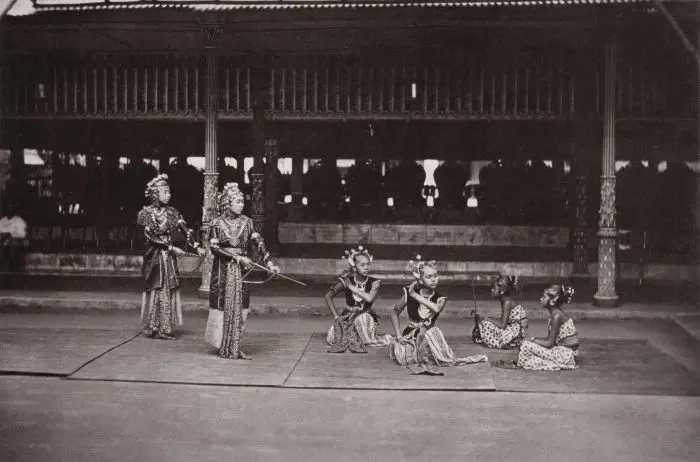
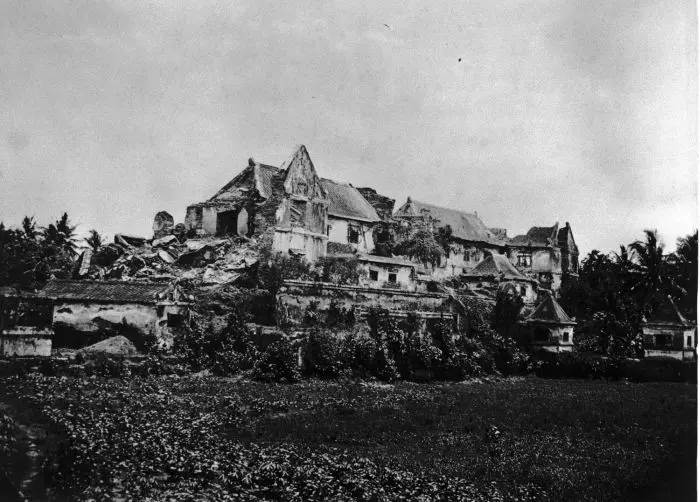
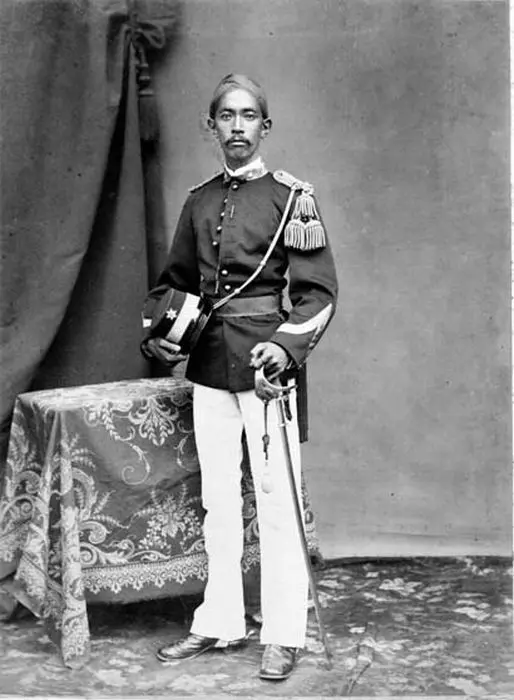
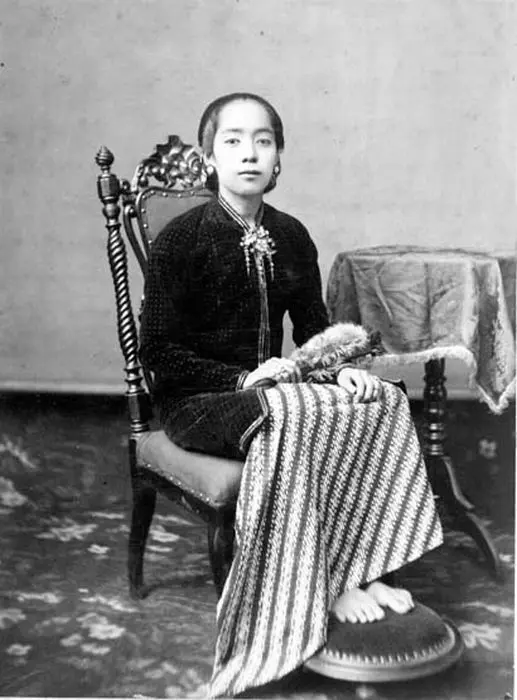
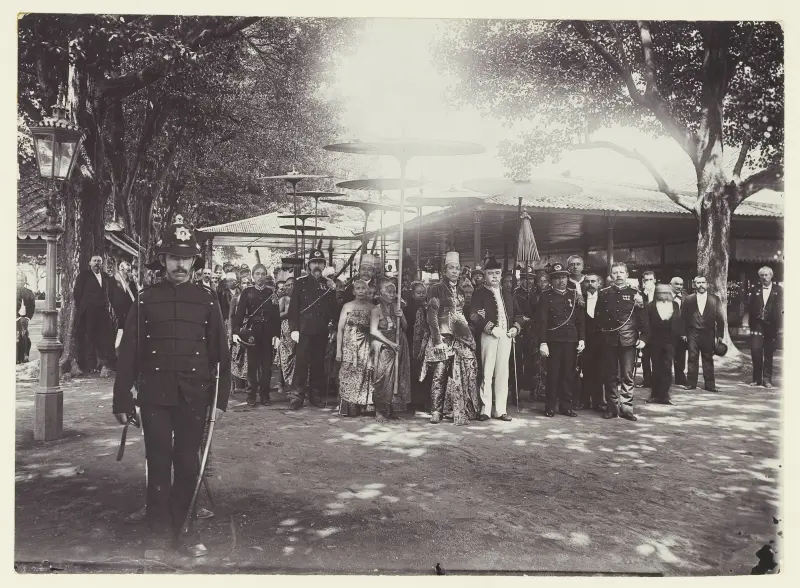
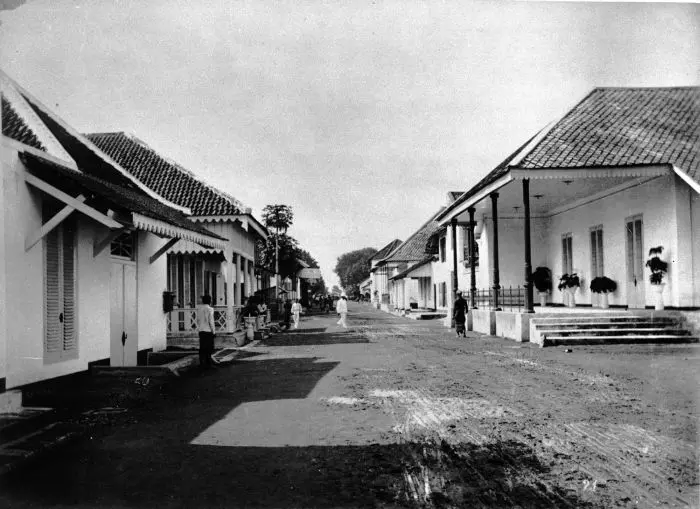
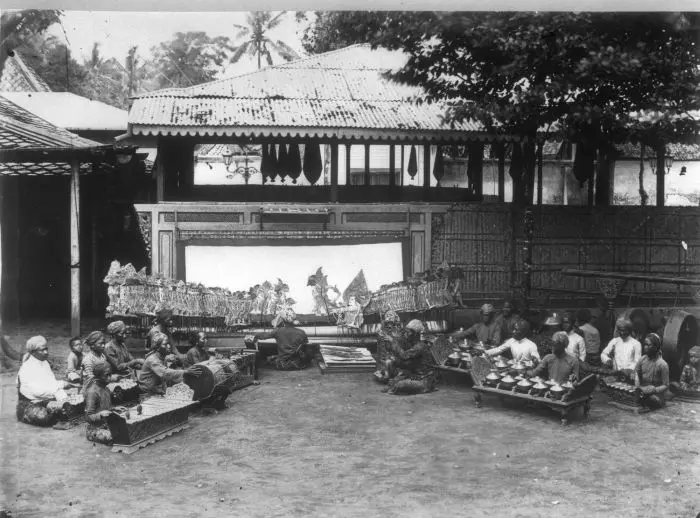
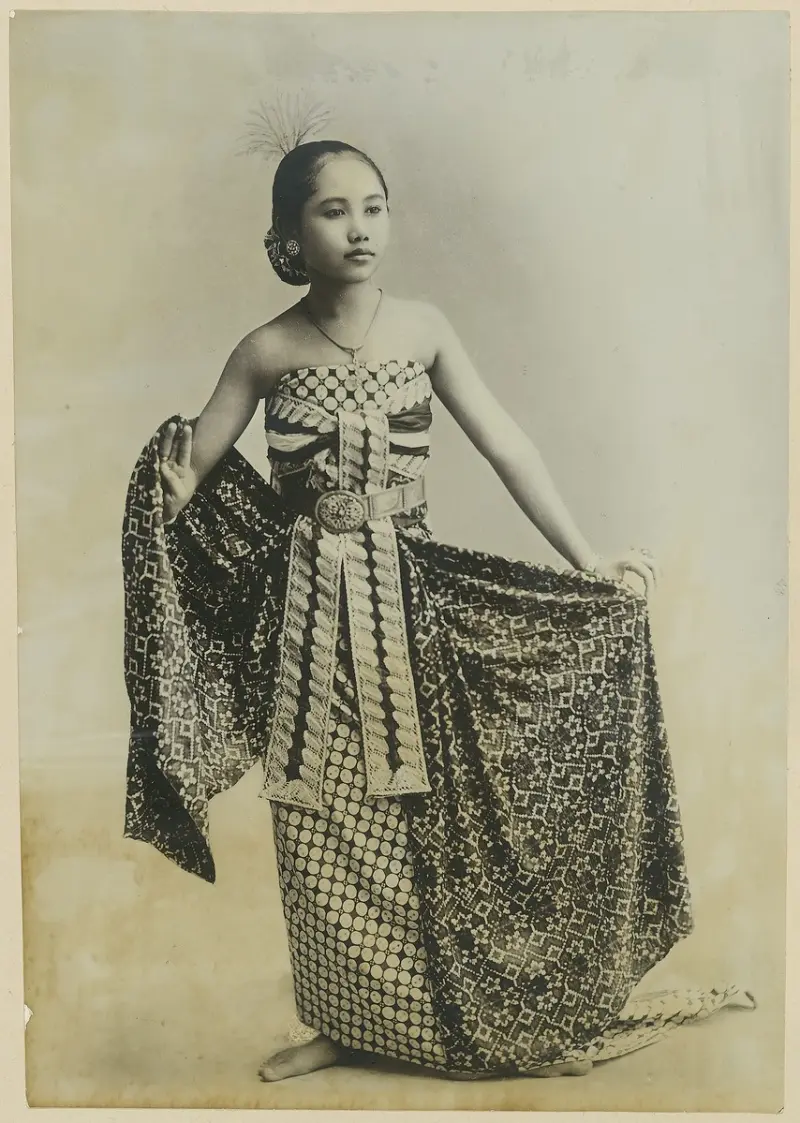
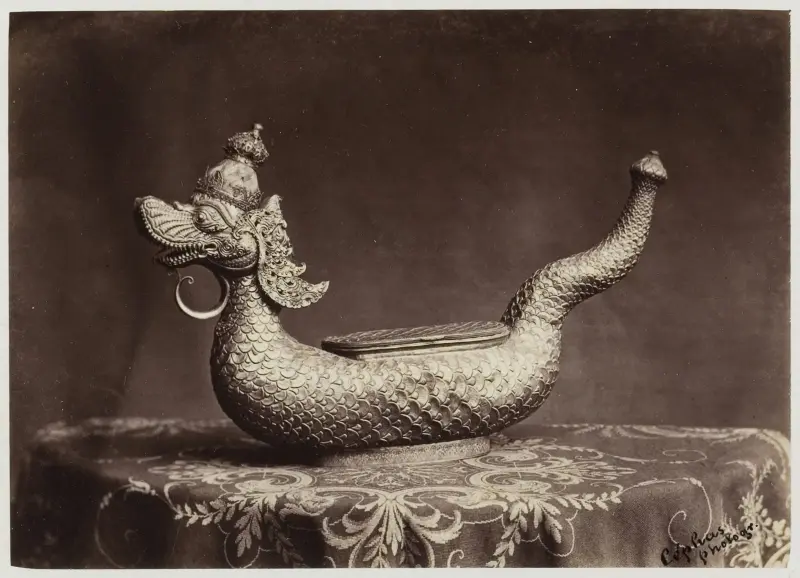
No comment yet, be the first to comment...